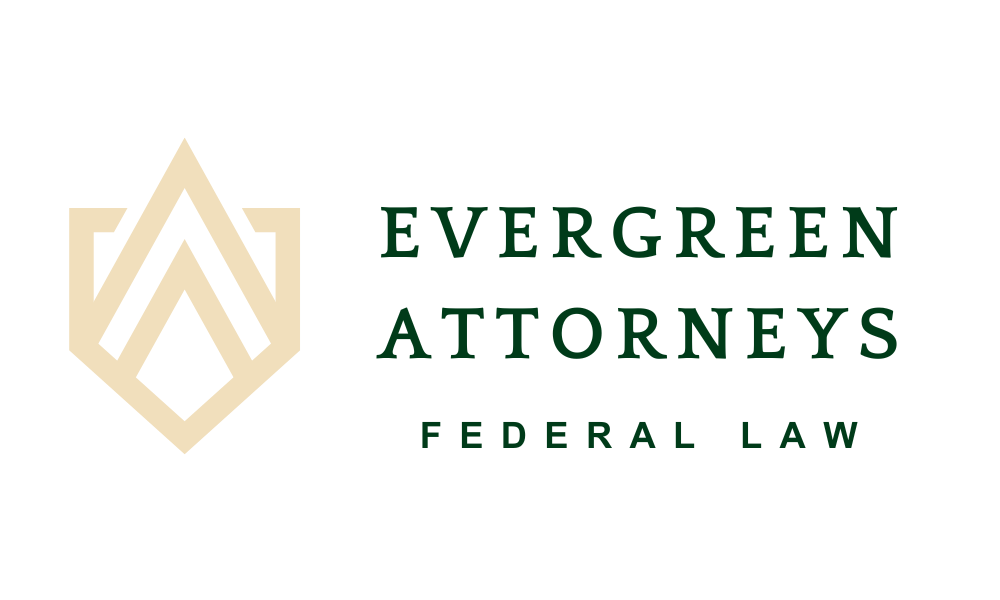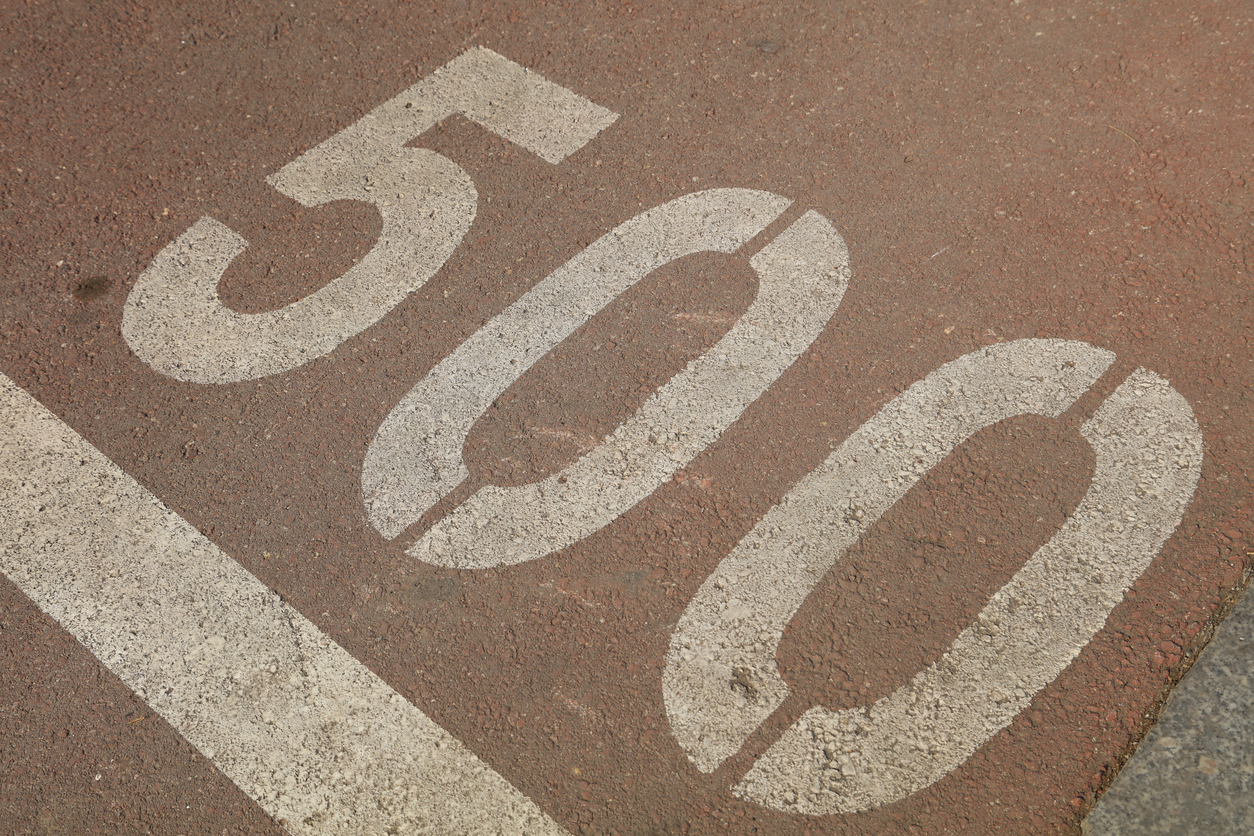Share
Share

Getting an evidentiary hearing on your 28 U.S.C. § 2255 motion can have a significant impact on the outcome of the proceeding. We have previously discussed how a § 2255 motion can be a defendant’s last line of defense in federal criminal cases. This article focuses on what an evidentiary hearing is, why an evidentiary hearing if often crucial for 2255 motions, and the best strategies for obtaining an evidentiary hearing on your 2255 claims.
28 U.S.C. § 2255 Motion: The Basics
A 2255 motion to vacate is a post-conviction motion filed in the district court after a judgment has become final. Most often, 2255 motions raise Sixth Amendment claims of ineffective assistance of counsel–that is, the defense attorney performed so deficiently that it prejudiced the defendant and undermined the outcome of the case. There are very specific limitations on the time to file a 2255 motion.
Once a 2255 motion is filed, the court will typically order the government to file its response to the motion. The defendant is usually allowed to file a reply. Once the motion is fully briefed, the court will either decide the 2255 motion on the pleadings or hold an evidentiary hearing and hear testimony and evidence in support of the ineffective assistance of counsel claims.
What is an Evidentiary Hearing?
An evidentiary hearing is exactly what is sounds like, a hearing to take evidence on the claims raised in the 28 U.S.C. 2255 motion. This includes witness testimony and other evidence that is relevant to the 2255 claims. Unlike a trial, the defendant (who is actually the movant in this case) bears the burden of proof.
After an evidentiary hearing, the district judge will make a findings of fact and issue a ruling based on the pleadings and evidence heard during the hearing.
When is an Evidentiary Hearing Required?
Section 2255 of the United States Code provides the requirements for obtaining an evidentiary hearing on a 2255 motion. The statute states:
Unless the motion and the files and records of the case conclusively show that the prisoner is entitled to no relief, the court shall cause notice thereof to be served upon the United States attorney, grant a prompt hearing thereon, determine the issues and make findings of fact and conclusions of law with respect thereto. If the court finds that the judgment was rendered without jurisdiction, or that the sentence imposed was not authorized by law or otherwise open to collateral attack, or that there has been such a denial or infringement of the constitutional rights of the prisoner as to render the judgment vulnerable to collateral attack, the court shall vacate and set the judgment aside and shall discharge the prisoner or resentence him or grant a new trial or correct the sentence as may appear appropriate.
28 U.S.C. § 2255(b).
What does all that jargon mean? Put in much more simple terms, if the record of the case and the motion do not show that you are entitled to no relief, the court should order an evidentiary hearing.
While 28 U.S.C. § 2255(b) is the general standard all federal courts use in determining whether to grant an evidentiary hearing, courts across the country have developed much more simplistic language and tests for when an evidentiary hearing is required. For example, the Third Circuit Court of Appeals has held that when a 2255 motion “allege[s] any facts warranting relief under § 2255 that are not clearly resolved by the record, the District Court [is] obligated to . . . hold an evidentiary hearing.” United States v. Booth, 432 F.3d 542, 546 (3d Cir. 2005).
Similarly, the Sixth Circuit has described the burden for establishing the need for an evidentiary hearing as “relatively light,” and has directed district courts to hold an evidentiary hearing whenever there is a factual dispute to determine the truth of the claims. Turner v. United States, 183 F.3d 474, 477 (6th Cir. 1999). Other courts simply require “reasonably specific, non-conclusory facts that, if true, would entitle him to relief.” Winthrop-Redin v. United States, 767 F.3d 1210, 1216 (11th Cir. 2014).
Still, a 2255 evidentiary hearing is not guaranteed to a defendant, and the vast majority of 2255 motions are decided without a hearing.
Most often, we see 2255 evidentiary hearings granted when there are conflicting credibility issues. Usually this is when the defendant and the alleged ineffective attorney submit competing declarations. The court is required to hold an evidentiary hearing and make credibility determinations in order to resolve the 2255 motion on the merits.
Is an Evidentiary Hearing Always Required?
No, not every 2255 claim requires an evidentiary hearing. Some 2255 claims that are purely based on issues of law typically do not require an evidentiary hearing and can just be decided on the pleadings themselves. However, in our experience the vast majority of 2255 claims involve factual disputes that require an evidentiary hearing.
Why Have an Evidentiary Hearing?
There are several advantages to obtaining an evidentiary hearing when litigating a 28 U.S.C. § 2255 motion. One of the most important is the ability to conduct discovery. Under the Rules Governing Section 2255 Proceedings, limited discovery may be granted by the court upon a showing of good cause. When an evidentiary hearing has been ordered, showing good cause under Rule 6 is typically easier to establish.
Another significant advantage to an evidentiary hearing is the defendant’s ability to testify. Most federal cases are resolved by guilty plea. In those cases, the defendant never had the opportunity to raise these issues in front of the judge before. Holding an evidentiary hearing allows the defendant to tell their side of the story, often for the first time.
In addition, a 2255 proceeding, unlike a direct appeal, allows for expansion of the record. This means that court can consider new evidence, such as testimony at the hearing from the defendant and other witnesses and other evidence that has not previously been presented prior to entry of judgment.
Contact Evergreen Attorneys for Help with Your 2255 Motion
The team at Evergreen Attorneys are here to help you with your 2255 motion and evidentiary hearing.
We have the experience and knowledge you need to effectively prepare and litigate your post-conviction matters. Contact us today at (303) 948-1489 or email us at [email protected].
David Boyer
It was David’s passion for the law and helping others that led him to becoming an attorney. He particularly enjoys appellate and post-conviction work.
David is proud to offer representation nationwide from his office in Plano, Texas.
STAY IN THE LOOP
Subscribe to our free newsletter.
Colorado Healthcare Fraud Investigations Colorado [...]
The OIG’s Audit of the [...]




